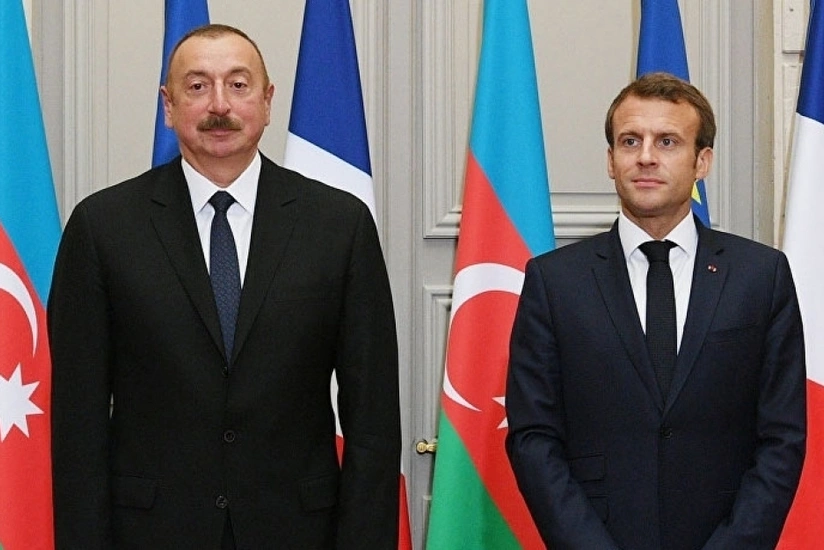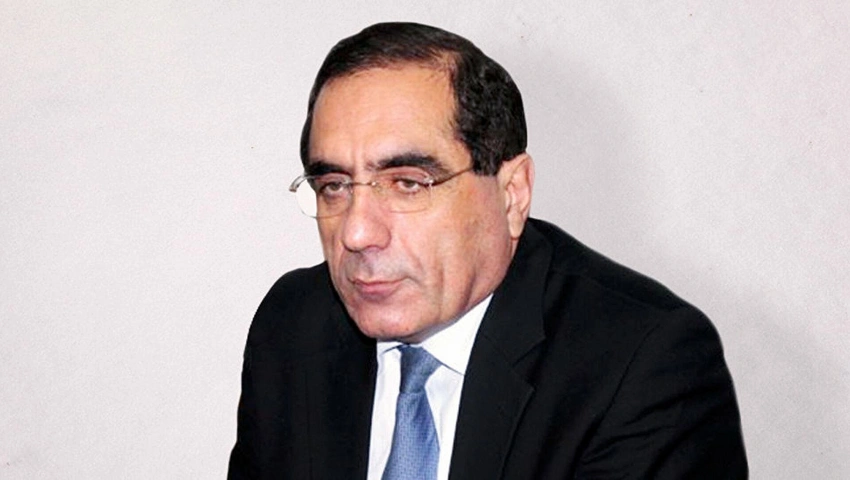Political scientist explains reasons for change in West's attitude to Azerbaijan
- 09 March, 2022
- 12:44

The attitude of Western countries to Azerbaijan is gradually changing. Of course, this is gratifying, political scientist, Professor Gabil Huseynli told Report.
He said there were several reasons for the West to change its rhetoric: "The most important one is Azerbaijan's geostrategic position on access to Central Asia. Second, energy projects are one of the main reasons for this shift in rhetoric. At the same time, our natural resources attract the attention of the West. At the current stage of relations with Russia, this is very important. The new phase of our links is of special importance for both the West and Azerbaijan."
According to the political scientist, the development of relations will also impact the situation around Karabakh: "In the future, we may witness a change in the West's rhetoric on the Karabakh issue. Western countries recognize the territorial integrity of Azerbaijan. Various countries support us at different times. In my opinion, there will be a need for broad cooperation to further normalize relations. But this is understandable. It is not right to expect a sudden change in attitudes. The main thing is that there are positive impulses, and this will continue in the future."

In recent days, Azerbaijan has been pursuing an active diplomatic policy. President of Azerbaijan Ilham Aliyev and Russian President Vladimir Putin had a telephone conversation on February 26. On the same day, the leaders of Azerbaijan and Turkey, Ilham Aliyev and Recep Tayyip Erdogan, spoke on the phone.
On March 1, French President Emmanuel Macron phoned Azerbaijani leader Ilham Aliyev.
On March 3, President of Moldova Maia Sandu had a telephone conversation with the President of Azerbaijan.
On March 7, French President Emmanuel Macron sent a letter to the President of Azerbaijan.
On March 8, President of the Italian Council of Ministers Mario Draghi made a phone call to President Aliyev.
On March 9, Ilham Aliyev received Baroness Emma Nicholson, the British Prime Minister's Trade Envoy to Azerbaijan.
